School History Trips To The Ypres Battlefields
A school History trip to the Ypres battlefields will allow students to truly understand the sacrifices of WWI by discovering the area’s trenches and war memorials.
Highlights
Original trench layout at Hill 62 and Sanctuary Wood
The moving Last Post Ceremony at Menin Gate
Unidentified graves at Tyne Cot Military Cemetery
The interactive In Flanders Fields Museum
Lancing CollegeThe group loved the excursions. Some of the favourites were to Tyne Cot Cemetery, the Choco-Story Museum and Bruges.
Suggested itinerary
What's included*
*Please note, entrance fees where applicable are not included in typical price – contact us for more details
Recommended excursions
This outstanding museum aims to preserve our connection with World War I through character-led experience and the story of the land. Exhibitions blend interactive installations with relics allowing students to explore history on a peer-related level. A permanent exhibit traces the invasion of Belgium with educational programmes to delve deeper into the war past.
This moving tribute to the courage and sacrifice of those who fell defending their town is an imperative experience for students connecting with WWI. Each night at 8pm the traffic stops around the Menin Gate memorial – six buglers from the fire brigade play the Last Post, Reveille and silence is upheld.
Essex Farm was the site of an Advanced Dressing Station (ADS) and the land was appropriated as burial ground from October 1914 (First Battle of Ypres). Because of the nature of the medical outpost, very few burials are unidentified, although the cemetery layout tells of the unpredictable wave of life and death at the ADS. Original bunkers and shelters remain. Photo © R/DV/RS.
The slopes of Hill 62 were part of the front line in 1915. The museum at Sanctuary Wood is one of few sites on the Ypres Salient battlefields where an original trench layout can be seen, relatively unchanged since the war. Most farmers returning to their plots would plough over the scarred land, but here sections of the system were left intact. Photo © Amanda Slater.
This is the largest Commonwealth cemetery in the world with around 11,954 soldiers resting here. The British Army captured the ridge where it is set in 1917, with a German blockhouse turned into an Advanced Dressing Station thus necessitating the burial ground. Fact: There are 8,367 unidentified graves at Tyne Cot, the headstones inscribed “Known Unto God”.
There are only four WWI German cemeteries in Flanders – the first German gas attacks happened in Langemark 1915 and over 44,000 soldiers are buried here. After the battle of France in 1940, troops withdrew to Dunkirk and Calais over these battlegrounds of World War I. Some casualties of 1940 are buried side by side with soldiers who fell not 30 years previous. Photo © Nick Townsend.
This town in the Flemish Region of West Flanders has a medieval history and is famous for its hops and lace production. Known as “Pops” to the British soldiers in the First World War it was the gateway to the battlefields of the northern Ypres Salient for thousands of British troops. Talbot House was established as a club in 1915 for British soldiers and is now a fascinating museum. Photo  Bernt Rostad.
This British trench wasn’t discovered until 1992 by a group of archaeologists who went on to excavate tunnelled dugouts and soldier remains. One of the few sites with original trenches on the Ypres Salient, the location exhibits very narrow networks with recreated fire steps and loopholes. Students can get a real sense of the space the soldiers occupied.
Discover the world of chocolate at Chocolaterie Ledoux where the finest quality cocoa is transformed into delicious products according to traditional methods. A guided tour and taster session will give you more information on the production process of chocolate bonbons and chocolate figures. Prepare for a fun and relaxing hour full of everything that chocolate has to offer.
With landscaped gardens and an ancient castle, Belgium’s oldest theme park is home to wildlife from big cats to capybaras, as well as thrilling rides such as the Screaming Eagle vertical drop tower. Water rides include the Niagara, which careers down the highest waterfall in Europe.
Tip: The Boomerang roller coaster travels at over 80km per hour.
This crater, created by a mine blown by the British army on 7th June 1917, signalled the beginning of the Battle of Messines. The large crater is now filled with water and is also known by the name “The Pool of Peace” and serves as a memorial to those who fought in Flanders Fields. Image by Wernervc, CC BY-SA 4.0, from Wikimedia Commons.
An award-winning museum on the 1917 Battle of Passchendaele. Students can explore the underground museum and the Dugout Experience to gain an understanding of the life of soldiers underground during WWI. The tour continues outside in faithful reconstructions of British and German trenches.
The Hooge Crater Museum offers an extensive collection of military artefacts, uniforms, photographs and life-size recreations of scenes from the war, and offers a great insight into life in the trenches. A medical class has also been established as an advanced dressing station where a guide can discuss the stages of medical evacuation, show medical equipment from the time complete with Ford T motor ambulance. The Hooge Crater Museum also has German and British trenches. Image by Amanda Slater (CC BY-SA 2.0).
60 metres above sea level, Hill 60 proved to be a sought-after vantage point during intense fighting in spring 1917. It was the site of the famous Battle of Messines and has been left mostly undisturbed since the end of WWI. A large bunker that was originally used by the German army can be found in a near-original state. Image by ViennaUK CC BY-SA 4.0, from Wikimedia Commons.
Lijssenthoek was the site of the largest evacuation hospital in the Ypres Salient. It presents the story of medical assistance during WWI with a focus on the nearby field hospital and casualty clearing stations. Visitors can browse hospital diaries and listen to letters and witnesses through the walls. 10,784 people are buried in the military cemetery; a video calendar tells the story of one victim who died on each day.
The Poperinge Town Hall courtyard commemorates those who were shot at dawn as deserters. At least four British Soldiers are known to have been shot here out of a total of 69 in the Westhoek area. The death cells where the soldiers spent their last night can be visited. Image by LimoWreck, CC-BY-SA-3.0, from Wikimedia Commons.
Talbot House opened in 1915 as a soldier club and provided a home from home for the troops to relax and enjoy themselves away from the front line. Visitors can follow a digital tour of the house and its exhibits, and there is a Concert Hall, small chapel in the upper room, and an English Garden. Image by Chielbuseyne CC BY-SA 3.0, via Wikimedia Commons.
Located next to the Bellewaerde Theme Park, the Bellewaerde Aquapark offers a variety of indoor themed water attractions including four water slides. With greenery, relaxation areas, an aquarium and a café/restaurant this is a good option for students to unwind following a day focussing on the very serious theme of war. Seasonal opening times.
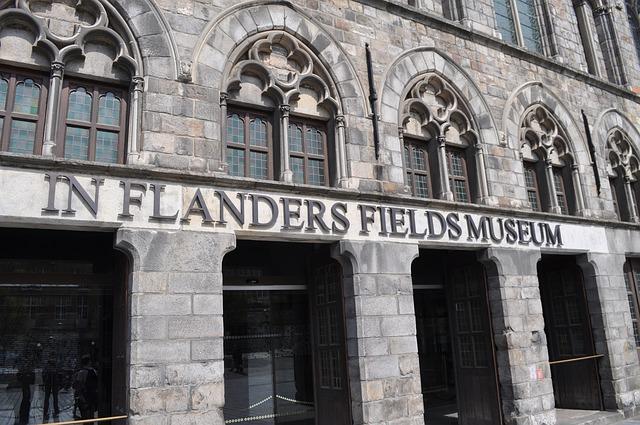
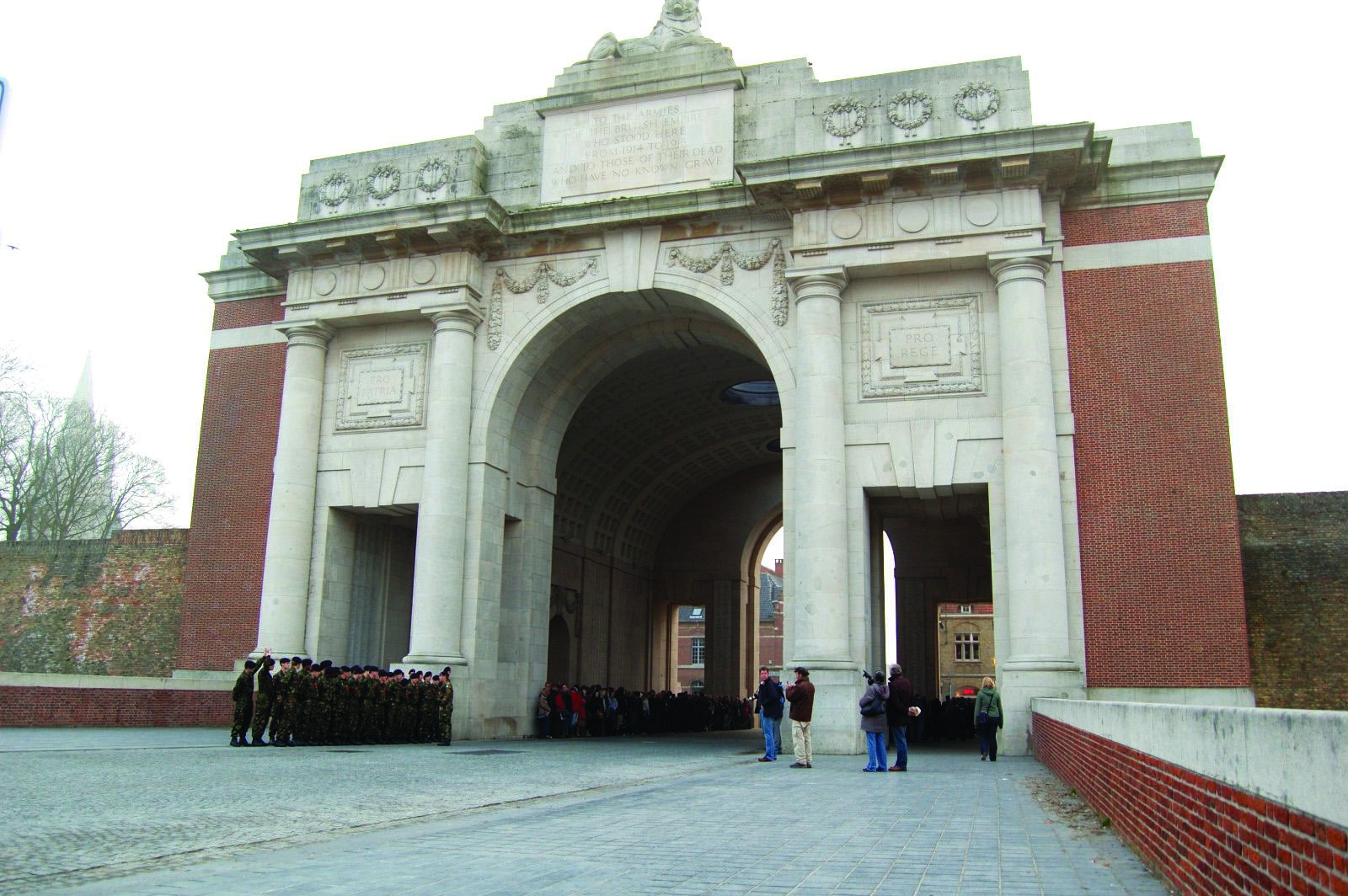
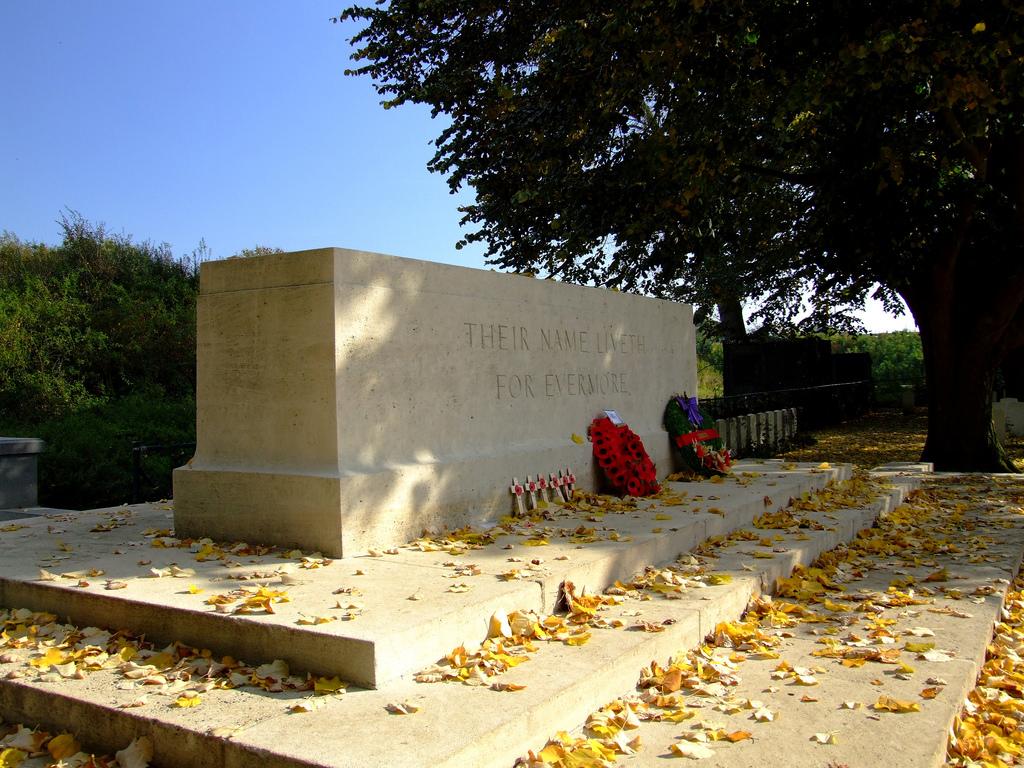
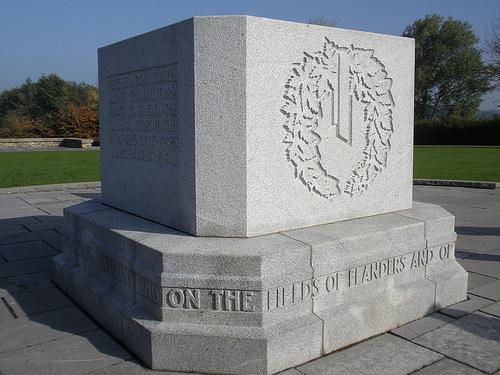
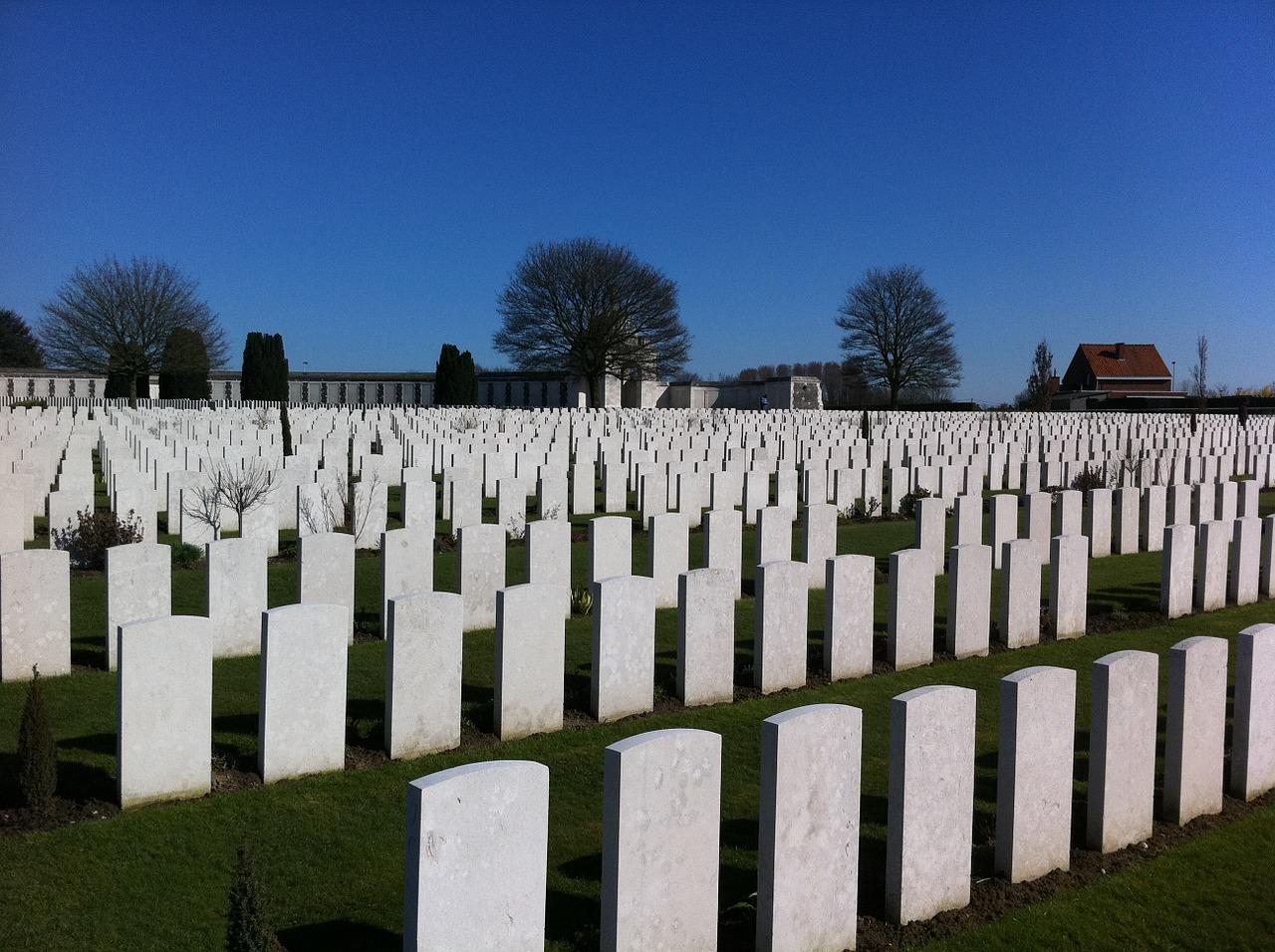
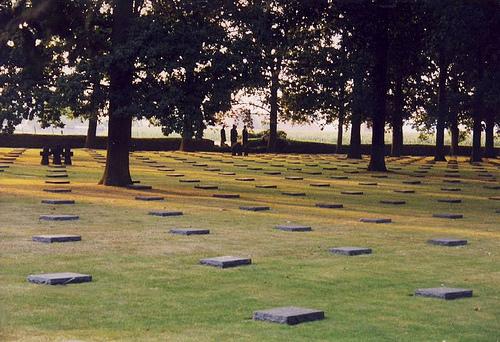
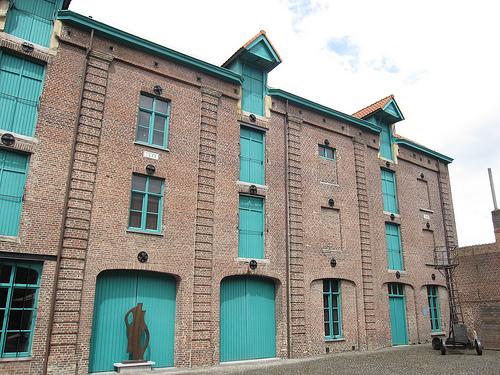
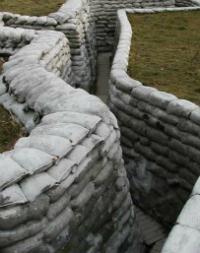
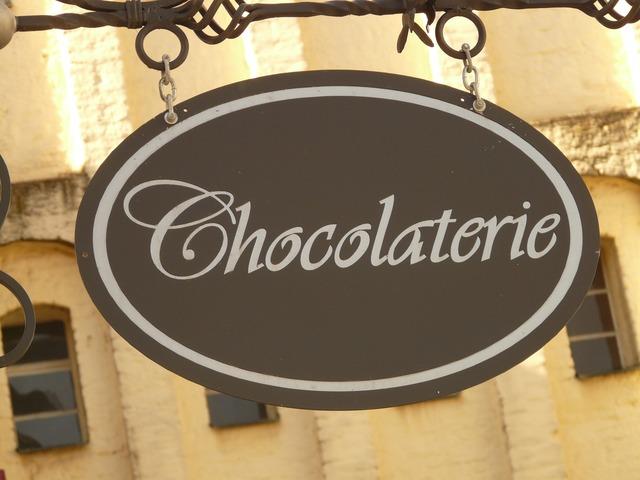
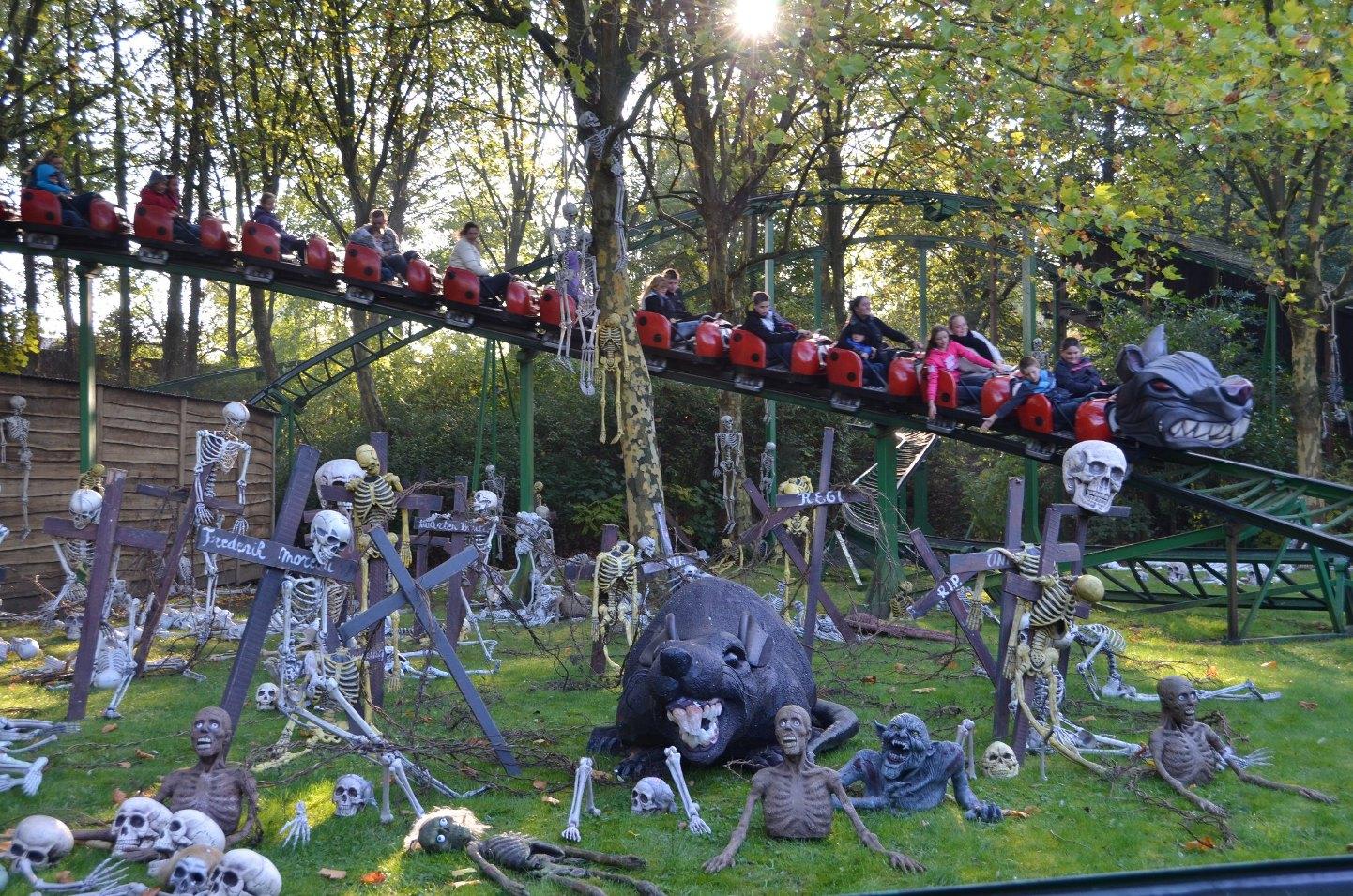
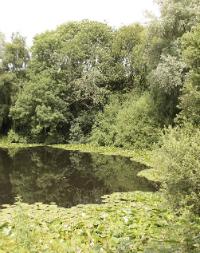
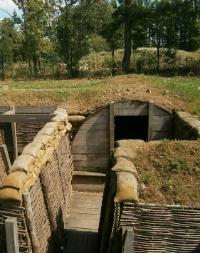
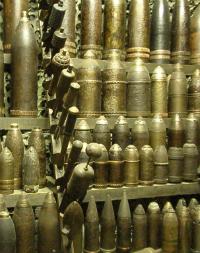
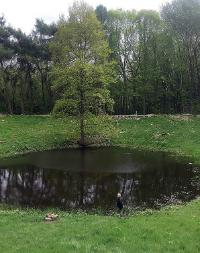
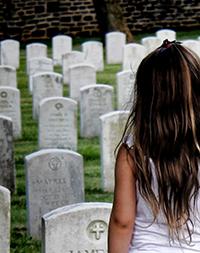
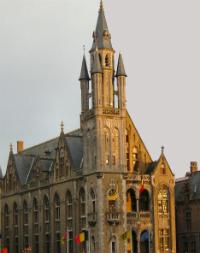
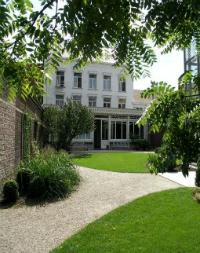

Typical accommodation
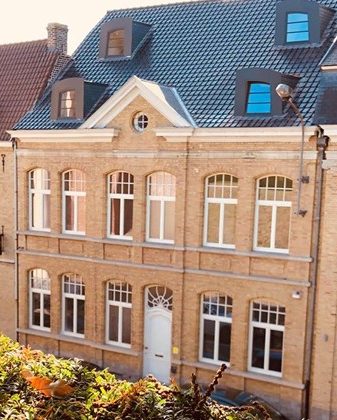
Why groups like it:
Facilities:
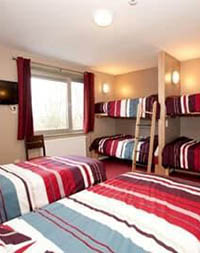
Why groups like it:
Facilities:
History trip learning outcomes
Subject focus
Students can:
- See the conditions endured by soldiers in World War I
- Examine the effects of historical trends and events on ordinary people
- study the history of the region and its connections to Britain
- Learn how people respond to traumatic events
- Understand the influence of the Great War on later events
Student outcomes
Students will have had an opportunity to:
- Gain a better understanding of the events and experiences of soldiers in World War I
- Learn how societies come to terms with traumatic events
- Gain a better understanding of the after-effects of the war
- Gain a sense of the breadth of history
- Explore conceptions of patriotism and citizenship and considered the quest for international peace
Related tours
Berlin has been at the centre of many key events in modern European History: WWII, The Cold War, the Fall of Communism and the reunification of Germany.
On a school History trip to Berlin, students can visit Berlin’s key historical sites that relate your teaching to subject-specific learning objectives such as WWII history and Cold War studies.
Your school History trip to Berlin will help your pupils develop an understanding of post-war Berlin and the context of the Cold War. They’ll get first-hand experience of the impact that the division of the city had and a deeper understanding of tensions that escalated between the East and West superpowers leading to the Cold War period.
Our excursions will touch upon historical concepts such as socialism, communism, ideology, propaganda and international conflict.
Connecting with history
With emblematic monuments such as the Berlin Wall Memorial, Checkpoint Charlie and the Tränenpalast, students can:
- analyse how heightened tensions between USSR and USA powers translated into physical boundaries
- explore how Berlin as a city encapsulates the antagonism between the communist and capitalist ideologies
- picture how this spatial division resonated within the divided German population and how this affected their lives
- give pupils perspective on concepts such as freedom of movement and fundamental liberties, and how these were challenged at the time
A personal perspective
A school History trip to Berlin will provide insights into how the German population lived during the Cold War. This will be explored interactively at the DDR Museum and Stasi Museum, with students:
- touching, holding and engaging with a range of objects and installations within the museum
- getting practical knowledge about the everyday life of the German population in the DDR and the realities of life under socialism
- understanding historical concepts such as continuity and change, similarities and differences
Take learning outside the classroom for your Key Stage 3 and 4 students and prepare them with critical analysis skills, practical case studies and real-life examples for their GCSEs.
With Travelbound, we can customise your trip to fit any learning requirements.


